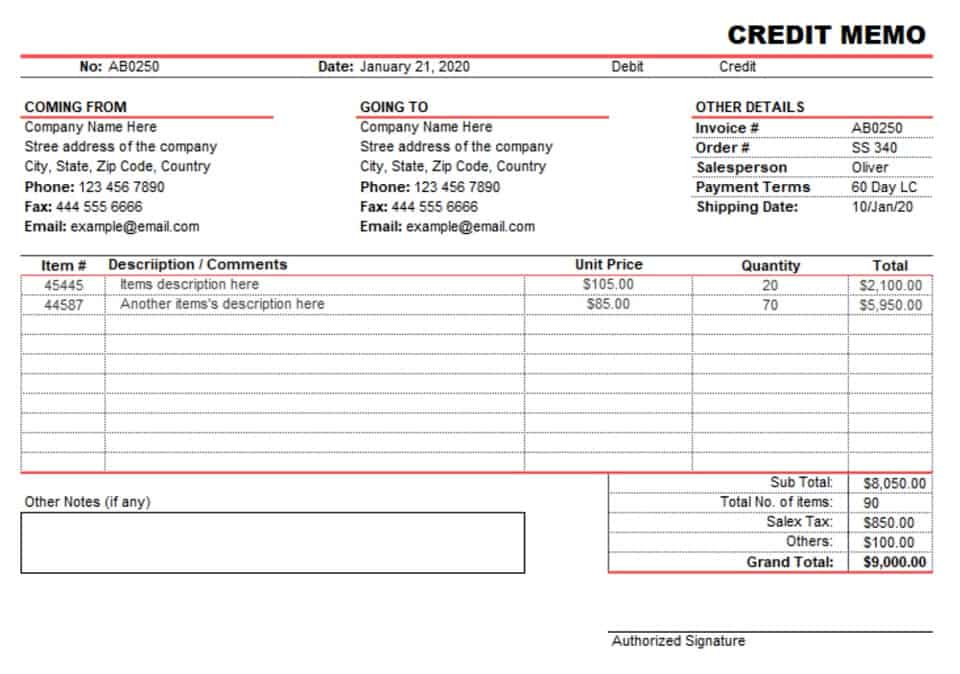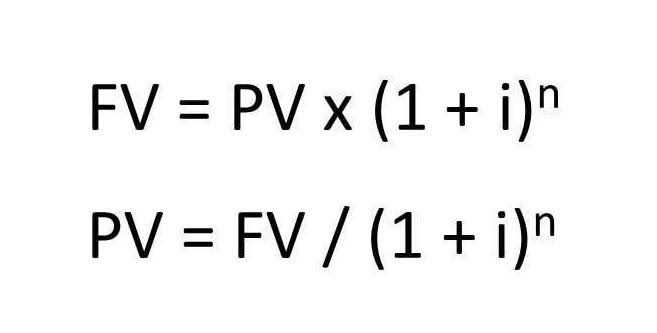
CPAs who specialize in forensic accounting can sometimes move up into management accounting. Many CPAs who specialize in taxation start as general accountants and develop tax expertise over time. However, if your education public accounting examples includes a significant amount of taxation coursework, you may be able to go straight into this specialized position.

What was the job search like after graduating with your degree?

The road to becoming a certified public accountant is not for the faint of heart. To embark on this journey, aspiring CPAs must typically hold a bachelor’s degree in accounting or a related field. However, each state in the United States has its specific requirements for CPA licensure, which may include additional coursework. Based on data submitted to Glassdoor and ZipRecruiter, the average salary for a CPA in the non-profit sector ranges from around $61,370 to $63,850. Getting your accounting degree from Concordia will prepare you for accounting careers in business settings, government agencies, and nonprofit organizations. Employment in both the public and private accounting sectors is growing, so now is a great time to get started on your career with a quality education.
Get an accounting education.

I would encourage students starting out in accounting to spend some time investigating their career options and talk to other people in the industry to get a sense of the best career fit for them. As a CPA, it’s very rewarding to be able to make a direct and positive impact on a business client, especially with a not-for-profit that makes a real difference in our community. I also really enjoy the client education aspect of my work when I can help client accounting team members learn additional skills or be a resource to answer questions and resolve problems. In 2021, I decided to take the next step in my accounting career journey, and I am now a self-employed accounting consultant and business advisor. I was able to put my technical accounting and client service skills to use in working with my own clients.
- Public accountants may experience a somewhat difficult work environment that involves travel, long hours, and tight deadlines.
- Not only do firms, government agencies, and private companies want to bring CPAs on to their staffs, CPAs can also open their own business, providing services to individuals, businesses and non-profits.
- Because of the difficulty that can sometimes arise from criticizing and evaluating other accountants’ work, the public accounting field isn’t for everyone.
- A CPA is required to complete continuing education requirements and uphold a standard of professional ethics.
- Private accountants, on the other hand, are trained in the processing of a variety of accounting transactions, such as accounts payable and billings.
- It is important to understand the various facets of the two in the pursuit of either career option.
- If you work in public accounting, you will interact with a variety of clients and will generally be a licensed, certified public accountant (CPA).
What is the role of a CPA?
Compounding this problem, approximately 75 percent of the members of the American Institute of Certified Public Accountants (AICPA) are eligible for retirement2. Reflect on the kind of company you want to work for and the role you want to fill that best aligns with your accounting interests. Since the Sarbanes-Oxley Act passed in 2002, accountants have been subject to tougher https://www.instagram.com/bookstime_inc restrictions concerning their consulting assignments. Renamed several times over the years, the organization has been known as the American Institute of Certified Public Accountants (AICPA) since 1957.
- They apply forecasting models, evaluate key performance indicators, analyze budgets, and examine financial data to identify both inefficiencies and opportunities.
- They can begin in one of several specialty areas and then advance to an assistant controller position.
- Public accountants have to navigate the intricate landscape of various industries and challenges they face in these sectors.
- However, each state in the United States has its specific requirements for CPA licensure, which may include additional coursework.
- However, if your education includes a significant amount of taxation coursework, you may be able to go straight into this specialized position.
- Our flexible, fast-paced courses can be completed in just four to eight weeks and are available 100% online, empowering you to take charge of your education on your schedule.
Their main responsibilities are the same and involve preparing or reviewing financial documentation for businesses or individuals. A CPA is required to complete continuing education requirements and uphold a standard of professional ethics. The accounting industry thrived in the late 1990s due to the expansion of large accounting firms into various forms of consulting. The Enron scandal in 2001 resulted in major changes in the accounting industry, not least the collapse of Arthur Andersen, one of the nation’s top accounting firms. The AICPA established accounting standards until 1973 when the Financial Accounting https://www.bookstime.com/articles/cash-dividends-and-stock-dividends Standards Board (FASB) was launched to set standards for private companies.

Public accountants depend on this regulatory framework not only to maintain the highest standards of professionalism but also to instill confidence in the financial markets. Investors, creditors, and the public rely on the assurance that financial information is accurate, transparent, and in compliance with established rules and regulations. Without this regulatory framework, the foundation of trust upon which the financial world rests would be significantly weakened. Public accountants working in the financial services sector must grapple with intricate financial instruments, risk management, and regulatory compliance.
Public accountants have to navigate the intricate landscape of various industries and challenges they face in these sectors. Their adaptability and expertise make them indispensable in guiding businesses through the complex terrain of modern commerce. Public accountants may experience a somewhat difficult work environment that involves travel, long hours, and tight deadlines. A private accountant will probably have knowledge that applies to a single sector. However, a few states offer a CPA certificate, which shows that you’ve passed all four sections of the CPA Exam but haven’t fulfilled the other licensure requirements. Before you apply, you need to make sure you meet the state requirements to sit for the exam.

Each section is taken individually, and candidates can choose the order in which they take them but must pass all four sections of the exam within 18 months. Obtaining the CPA designation requires a bachelor’s degree, typically with a major in business administration, finance, or accounting. Other majors are acceptable if the applicant meets the minimum requirements for accounting courses.
